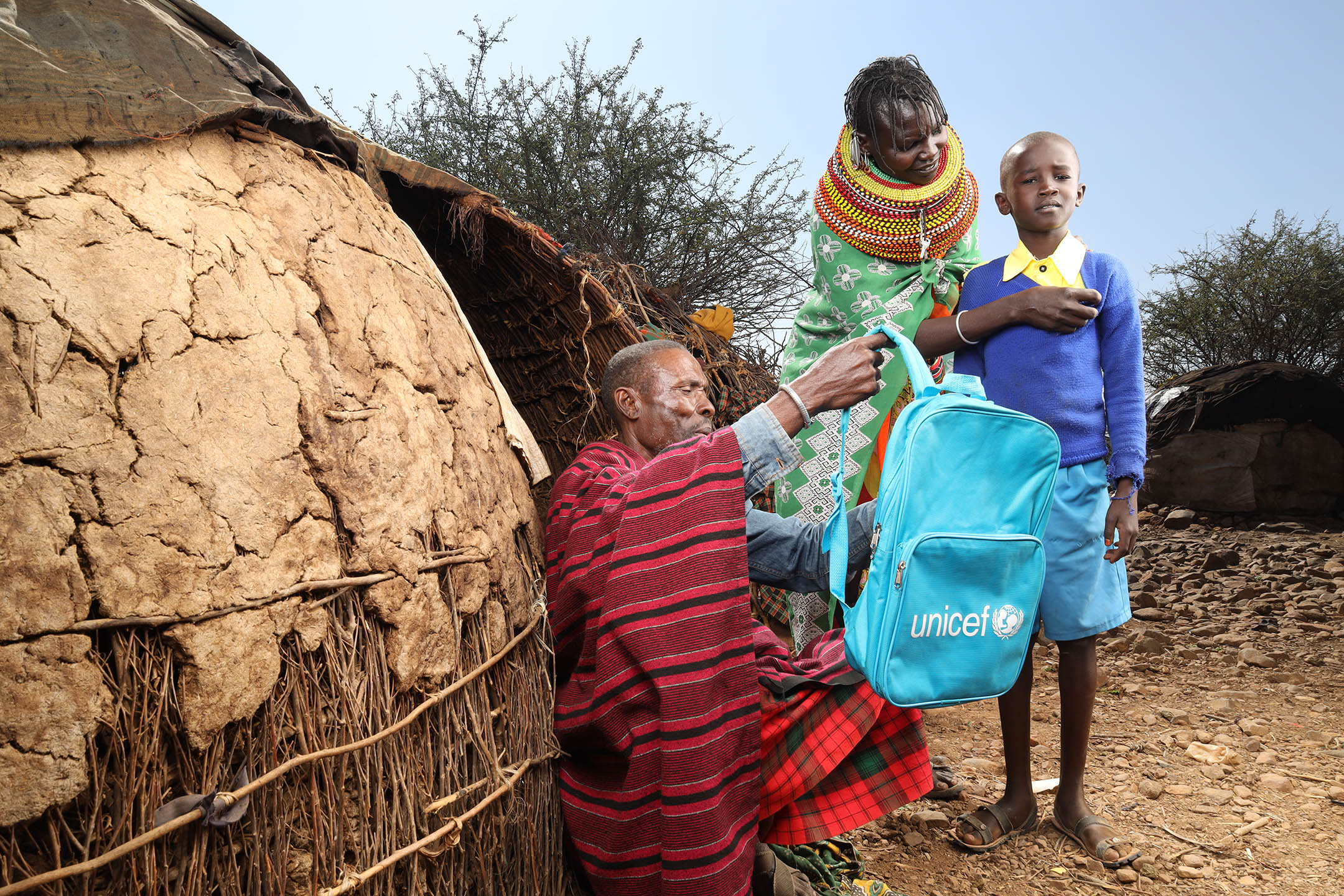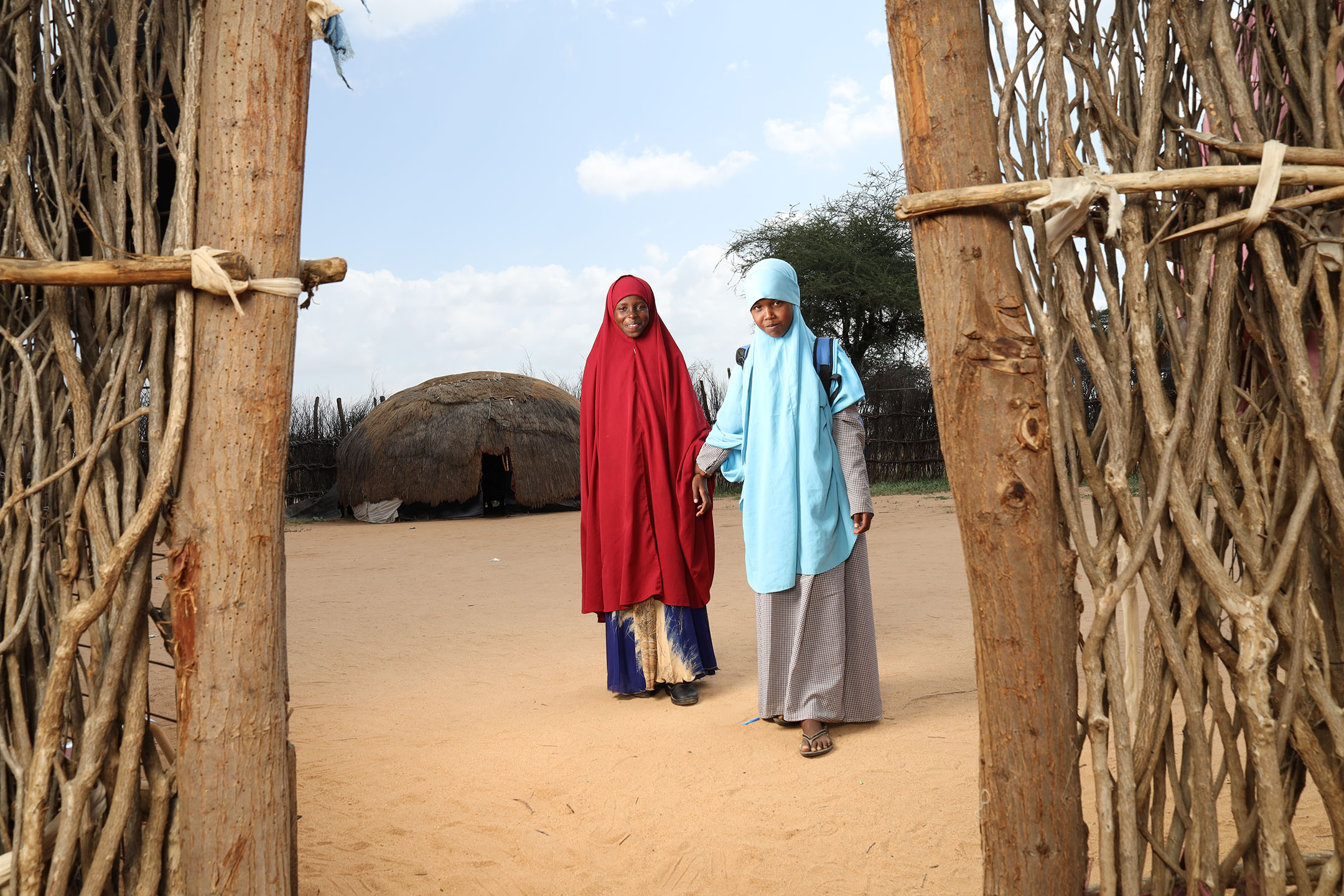The population of children (between ages 0-19) in Narok County is 691,173, according to the 2019 Kenya national census. The number of children out school might seem small at only 3.61 per cent of that total. However, when the percentage is translated into its 25,000 real children, it becomes alarming.
The reason for this large number of out-of-school children is put down to poverty on the one hand and the fact that most of the children have one disability or another on the other. “Among the Maa, disability is viewed as a curse,” a journalist, Christabel Otsieno, who has worked on recent attempts to reverse the trend, informs. “Parents hide these children from the public eye due to the attendant ostracisation and shame. I don’t know where they got the idea that disability is a curse, since anybody is only an accident away from it but the belief explains the concealment of these children. It is not believed that such a child could amount to much in life. Coupled with poverty, parents are not inclined to expend resources in helping the children get education.”
In February of 2023, the UNICEF, working together with the government and other partners, under the “Come Twende Shule” initiative, organized for parents to bring their out-of-school children to Duka Moja shopping centre. This was partly to help assess children with disability to determine what their most urgent needs might be.
The event was broadcast on Radio Osootua, for which Christabel works. Radio Osotua is one of the partners in this initiative and received promotional and broadcast material from the project’s implementing partner, Centre for Behaviour Change Communication, through its DigiRadio arm. The response was like a breached dam: parents brought the children. This was a success.
However, the parents of some children whose disability required them to be transported could not afford public transport. Ordinarily, African mothers would just haul the children up and carry them piggy-back. However, some children were too heavy. They couldn’t be brought. This only served to highlight the desperate situations in which the children and their caregivers lived. The event, nevertheless, happened and a number of children got the necessary help.
“Some parents couldn’t afford the requisite aid - Braille, hearing aid, walking stick, and the like. They needed help to cross that threshold.”

The assessment revealed that the number of children out of school was huge. However, teachers already say that their schools have considerably swelled with children since the event. In other words, the number of children out of school has noticeably dropped. The event was a success.”
A touching case is narrated by a father of five, among them a daughter with a disability. She persistently enquired of him why she was different. The broken-hearted dad couldn’t find the right words. During the assessment activity, he got expert help to explain to his daughter her disability. He got equipped with tools to assist him in bringing up his daughter. The girl also got enrolled in a school. Father and daughter left the event quite elated.
A mother, Maria Waithera, praises the event and the radio broadcasts for helping her know better how to assist her autistic daughter. Victoria Wambui is now in school but has had to overcome quite some challenges. “She attends Matonyik Primary Special School Unit. Previously she was hyperactive and with difficulty of speech. These days, she is calmer and can call me mom.”
Even as far away as Marsabit, Come Twende Shule has had positive results. “Even here we mobilised for functional education assessment and the response was massive,” says Benson Kimani of Kenya Special Olympics. Although Community Health Workers had done a commendable job in spreading the call to go to school, their efforts were given a major boost by the radio broadcasts. “For example, a mother from Baddassa on Kenya’s border with Ethiopia, more than 60 km from Moyale town brought her child for assessment and they got the help they needed to enable the girl join school.”



